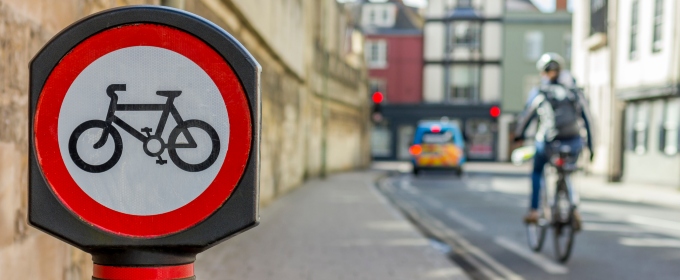COVID-19 has comprehensively disrupted urban mobility systems. Public transport authorities are running skeleton services, while streets are less congested. In the midst of lockdown conditions, urban mobility systems look unrecognisable. Here, Dr Mike Hodson and Professor Andrew McMeekin reflect on how different areas have responded to the lockdown, and discuss key considerations that will shape […]

